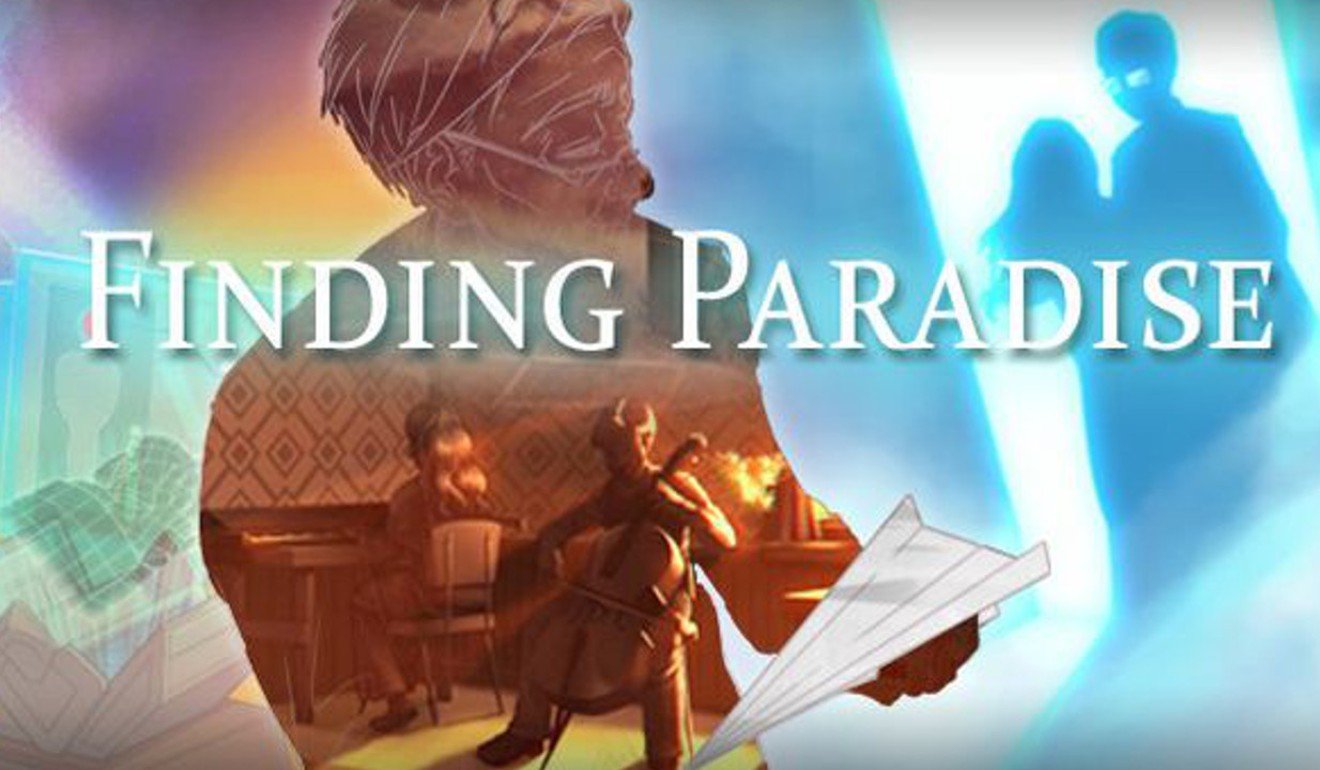
Review | Finding Paradise video game review: players take emotional ride through a dying man’s memories
Kan Gao’s point-and-click game about two doctors granting a man his dying wish by accessing and manipulating his memories is beautifully drawn, low-key and touching, with plenty of humour
Finding Paradise
Freebird Games
For much of their history video games have inspired conversations about emotions such as loneliness, regret, or the nagging sense of time wasted.
Usually, these discussions occur in the form of stories about why some people seek solace in games. They also speak to the potential indirect effects that can arise from dwelling in virtual worlds for too long. Seldom, however, are such emotions addressed head-on in games save for a cutscene that might show a character going through a rough patch.
Notable outliers include games like Dear Esther, Night in the Woods , and Lydia, which deal with themes of alienation. Other exceptions include the games of Kan Gao. Gao’s work explores how some people deal with loneliness or disappointment. They are also among the more life-affirming titles out there.
Gao is one of the auteurs of the gaming industry, juggling the responsibilities of writer, director and composer. He wears his love of 16-bit Japanese-style role playing games on his sleeve as can be seen from the beautiful pixel art in his games. To this retro aesthetic Gao adds a potent mixture of humour and sentiment.

To perform their jobs the doctors use proprietary technology to access their patients’ key memories to retrieve mementos or memory markers from important moments in their lives. The doctors use these to reconstruct a path for their machine to follow the memories. Then, with a bit of technological voodoo, they create an artificial memory that causes a ripple effect throughout the patient’s chain of memories to fulfil his wish.
Game review: Accounting + is a weird and wacky concept that is hilarious VR fun
To the Moon, which told the story of a man’s wish to find peace among the stars, was the first game I played that elicited a near teary-eyed response when I finished it.
Since To the Moon’s release there have been two mini-episodes about interpersonal incidents that occur over one day during the holidays at Sigmund Corps. An action performed by Watts during one of these mini-episodes has consequences that appear in Gao’s newest game Finding Paradise.
This fully fledged sequel was preceded by A Bird Story (2014) a short, vibrant tale about a lonely boy who befriends an injured bird. The boy, Colin, grows into the patient whose last wish is at the centre of Finding Paradise.
Colin’s final wish is for the doctors to grant him a more fulfilling life while changing as few of his memories as possible. Like many, he has an inarticulate ache for something more. Soon after the doctors begin exploring Colin’s memories, they are surprised to find that they jump from one of Colin’s most recent memories to a memory of him as a child.
Game review: Echo pays tribute to Stanley Kubrick in a game where you kill yourself again and again
Normally the accumulation of mementos causes them to proceed steadily backward from old age to childhood. The explanation for why they jump from the patient’s mature years to his younger years and vice versa – in “the pattern of a decaying orbit” – is part of a mystery involving the unique way that Colin coped with problems – by retreating into his imagination.
As the doctors close in on the crux of Colin’s compensatory defence mechanism they watch memories of poignant scenes from Colin’s life. From his childhood years, they discover his regret over his lack of artistic talent; from his time as a newlywed, they see his embarrassment over spilling a drink on his wife during their honeymoon; and from his later years, they notice his longing for grandchildren.

Finding Paradise is constructed around simple point-and-click mechanics though there are a couple of lighthearted segments that turn the game into an innocuous shooter or otherwise reference other video game tropes. (There really are a lot of funny moments.)
Game review: Lego Marvel Super Heroes 2 – join the block party
Although I’ve read some reviewers grouse that the game’s story and overall emotional pay off are not on par with To the Moon, I found Finding Paradise all the more endearing for its restraint leading up to a big reveal.
At one point the doctors wonder why they don’t encounter any memories from their client’s photo album – a repository of happy incidents – but this game makes the point that the more ordinary moments are truly what define us. I found it all wonderfully low key.

